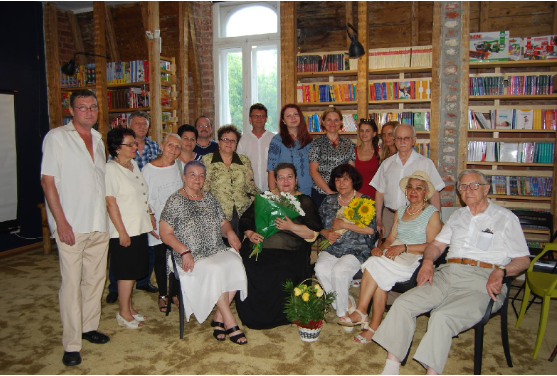The desk research performed by the Romanian partner, GEAC (Education and Action for Active Citizenship), within COPE project indicates that, although the concept of cultural prescription is less known in Romania, and even less operationalized in the practice of providing social services, we really need not only to implement the social/cultural prescription at national level, but also to advocate for the inclusion of socio-cultural prescriptions in the field of public health, and social assistance – in partnership with all stakeholders.
The Romanian report signals some issues to be debated, and actions for increasing the adoption of social and cultural prescription in Romania, such as:
Encouraging volunteerism and the donation system
The analysis of the answers given by the interviewed persons and the cases of good practices have showed that the practice of socio-cultural prescriptions can be strengthened by encouraging volunteers’ and donors’ involvement in, and for the organization of socio-cultural activities dedicated to the elderly.
The difficulty of signaling social cases
In Romania, social cases are not treated by the authorities from the perspective of loneliness, or social isolation, but rather in the key of physical isolation as a dependency on medical assistance or for subsistence. A solution can be the development of an information system of resources that can be administered publicly or privately, or in a public-private partnership.
The training of professionals to be involved in the practice of the social cultural prescription
The aim is for professionals, entrepreneurs and providers of social projects and services to become much more aware of transdisciplinary and integrated approaches within the practice of socio-cultural prescription, from the conception and design of the project to its implementation.
Reconceptualization of the National Program “Sports for all” in Romania
It is a must to adapt this national program to create sports opportunities for older people, and other categories of beneficiaries. Sport can be an effective means of preventing social isolation and for effectively stimulating active ageing. It can also be a way of working with other categories of beneficiaries at risk of physical/mental deterioration, or social isolation.
Instead of conclusion: the need for a national debate
Romania is still at the beginning of changing the public policies in the social and community field. This can be an advantage for arts and culture to be used to improve health and care outcomes. A national public debate is needed to open the opportunity to resettle social, health and community services so that public and private providers can alike contribute to serving as many people in need as possible.

